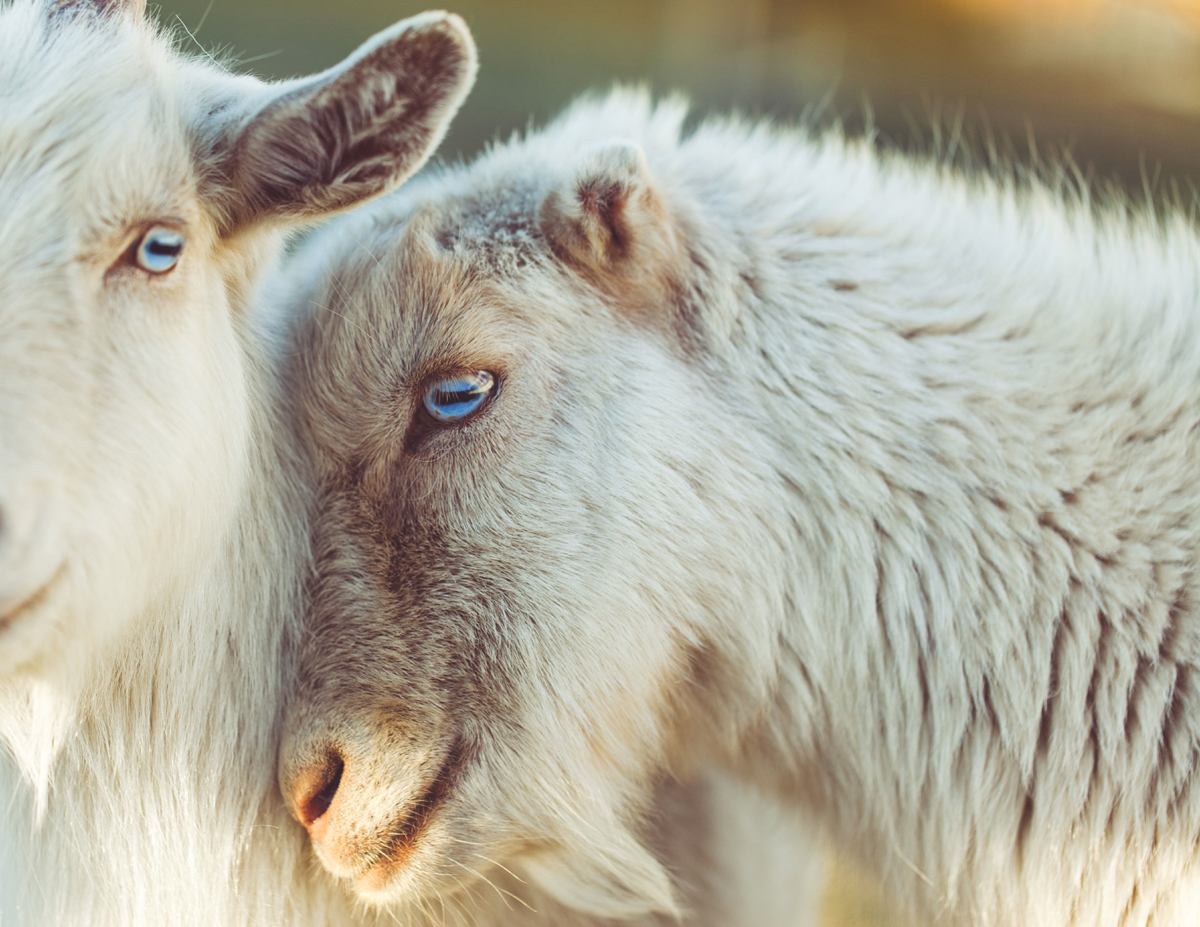Sheep husbandry or breeding sheep is the act of breeding and raising domestic sheep for the purpose of harvesting its milk, wool, or meat. The top sheep producing countries in the world are: Australia, New Zealand, Iran, United Kingdom, Turkey, Syria, India, Spain, Sudan, and Pakistan. These countries have the most favorable climate and environment for breeding sheep which is why they are the top producers of sheep in the world. If you are planning to become a sheep breeder, the environment and climate where you are in must closely resemble those of the countries listed above in order to be successful.
Sheep breed well in dry but cool places. They must have plenty of room to move and enough grass to graze in. Sheep need plenty of water and sufficient shelter from the elements (i.e. rain, winter). Newborn sheep should be vaccinated immediately, with booster shots given every 6 weeks for the next 3 months, and then every 6 months thereafter. Sheep also need protection from predators. Adequate fencing can take care of this. Other farmers also make use of sheepdogs to help them guard and keep the sheep on specific land. Breeding sheep can be both a fun and rewarding experience, but can also be stressful and hard.
Breeding Sheep for Wool
If you are breeding sheep for wool, Merino and Corriedale sheep are the breeds of choice. For milk, the Assaf and Awassi breeds are known to produce the best and largest volume of milk among other breeds. While for meat, Dorper and Hampshire breeds are your best bet.
In addition to their basic needs, sheep need lots of attention and care. They need plenty of exercise especially if you are raising them for meat (this is so that they will not accumulate more fat than meat). Most farmers also cut the sheep’s tails (this is called docking) to keep the sheep hygienic (droppings sticks to its tails and wool). Periodic worming is also a must, as is other preventive vaccinations such as those for tetanus and enterotoxemia (overeating disease). Farmers should also take extra care that their sheep do not develop foot rot, a fungus infection that develops when the sheep stands too long in wet mud. Breeding sheep will also often require that the farmer be in attendance when a ewe is in labor.
The Author:
Are you looking for more tips on breeding sheep? Separate yourself from the usual sheep owners who are prone to common mistakes. If you would like to learn more tips on caring for sheep and how to raise sheep correctly, please visit: http://www.howtoraisesheep.com
Photo: stocksnap
Source: Ab
